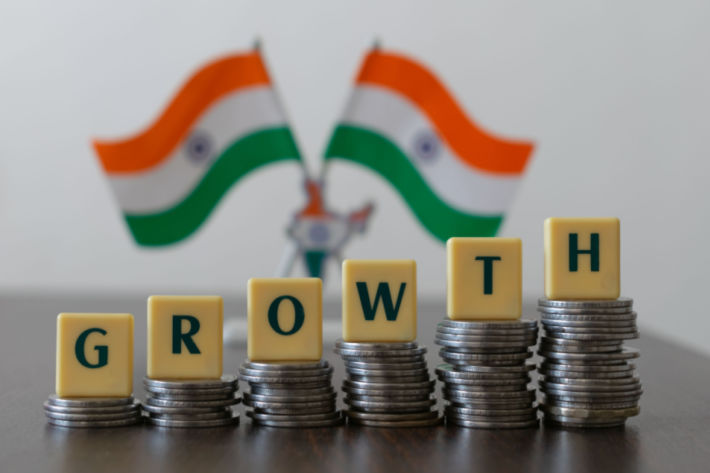
The downgrade is a result of geopolitical uncertainty and its repercussions for the Indian economy.
The median growth forecast for agriculture and allied activities has been put at 3 per cent for 2022-23. On the other hand, industry and services sector are anticipated to grow by 6.2 per cent and 7.8 per cent respectively during the fiscal, FICCI said in its latest Economic Outlook Survey.
Median GDP growth is estimated at 14 per cent and 6.2 per cent for the first and second quarter of 2022-23 respectively.
The present round of survey was conducted in June and drew responses from leading economists representing industry, banking and financial services sector.
Indian economy is not immune to global volatility, as is evident from the deepening inflationary pressures and increasing uncertainty in financial markets. The participants pointed out that these factors are exerting pressure on India's economic prospects and is likely to delay the recovery, FICCI said in a release.
Major risks to India's economic recovery include rising commodity prices, supply-side disruptions, bleak global growth prospects with the conflict prolonging in Europe.
A slowdown in the Chinese economy is also expected to have an impact on India's growth. Increased input cost is impairing discretionary spending as these get passed on to the final consumer through higher selling prices.
The median forecast for consumer price index (CPI)-based inflation rate has been put at 6.7 per cent for 2022-23, with a minimum and maximum range of 5.4 per cent and 7 per cent respectively.
The surveyed economists said that the Reserve Bank of India (RBI) is expected to maintain a hawkish stance throughout 2022. Policy repo rate is forecast at 5.65 per cent by the end of fiscal 2022-23, with a minimum and maximum range of 5.50 per cent and 6.25 per cent respectively.
The participating economists were divided in their views on whether the global economy is headed towards a recession. However, a majority of them believed that it is difficult to predict the occurrence of a global recession now.
The duration of the conflict in Europe will determine whether the present slowdown translates into a recession. Nevertheless, possibility of a prolonged slowdown remains on the horizon.
There was a unanimous view among the participants that although the Indian economy is expected to face a slowdown in the near-to-medium term, it will still grow consistently to emerge as the fastest growing economy in the world.
The survey participants felt that inflation is unlikely to moderate in the near-term. The supply-side disruptions brought on first by the COVID-19 pandemic and further worsened by the Russia-Ukraine conflict as well as the recent strict lockdowns in China have been the major reasons for the spike in inflation levels in India.
Inflation levels are expected to slow down starting September this year and fall back into the 4 per cent range only by June 2023.
Fibre2Fashion News Desk (DS)